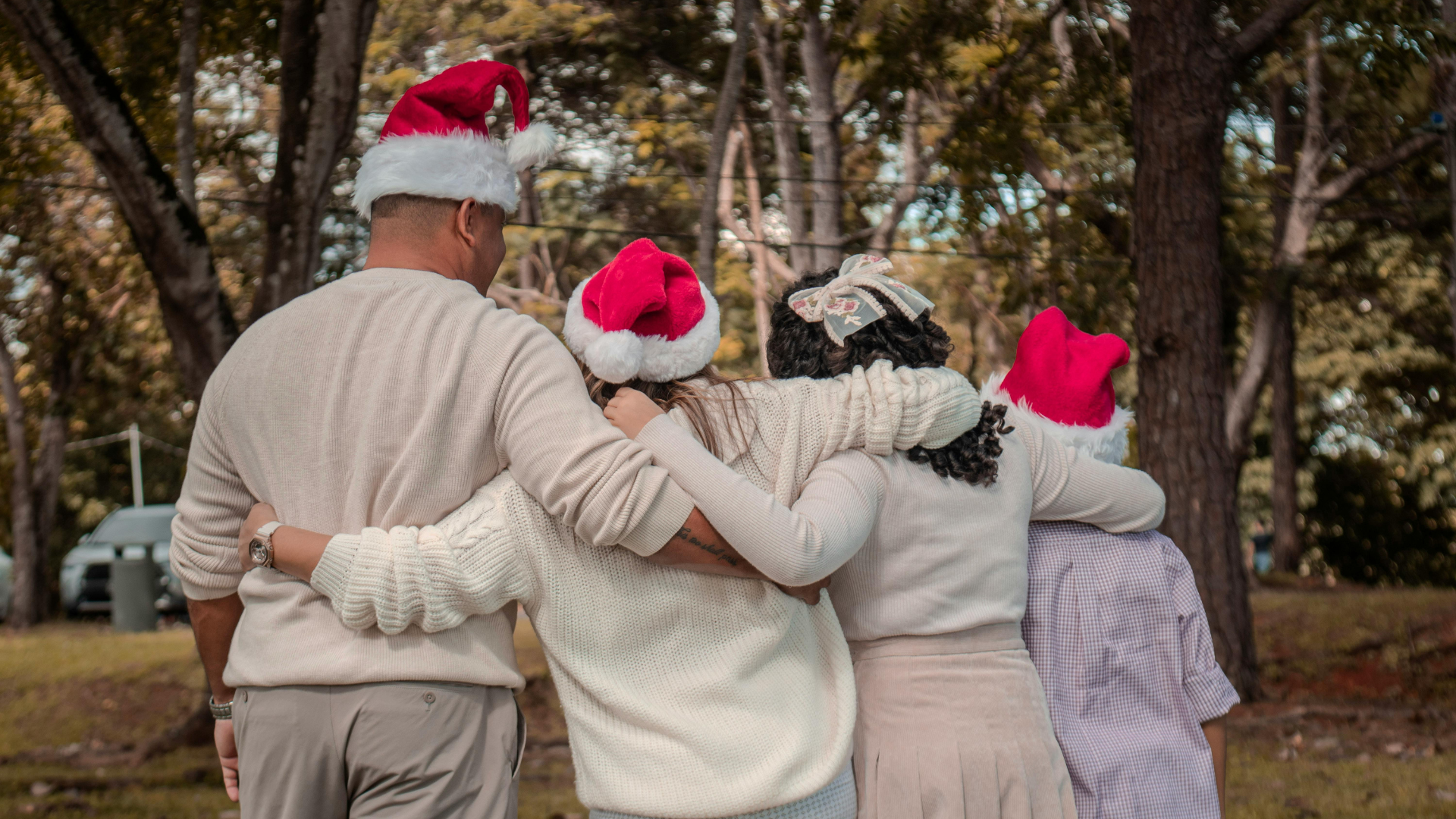Building Emotional Resilience During the Christmas Holidays
Navigate holiday stress and emotions through resilience-building
The holiday season is here, and while it’s often painted as the happiest time of the year, it doesn’t always feel that way. Behind the festive lights and gatherings, many people find themselves facing unexpected stress, loneliness, or a general sense of overwhelm. For some, this season stirs up complex emotions or brings reminders of what’s missing, making it hard to fully relax and enjoy the moment. But there’s good news…you don’t have to navigate these feelings alone. Building emotional resilience can help you handle the ups and downs of the holidays and give you the tools to create a season that feels meaningful, no matter what comes your way.
Let Yourself Feel All the Feelings
First things first: you don’t have to feel cheerful just because it’s Christmas. Maybe you’re anxious about family dynamics, stressed over finances, or just exhausted from a busy year. Whatever you’re feeling, it’s okay to acknowledge it. Give yourself permission to experience a range of emotions. By noticing and naming these feelings, you’re already building emotional resilience—it’s about learning to sit with discomfort and not letting it overwhelm you. If you’re looking for extra support, try out mindfulness practices, which can help ground you in the present.
Keep Expectations Realistic (Really, It’s Okay!)
We all want to make this time of year special, but expecting everything to be perfect can set us up for disappointment. Whether it’s about family get-togethers, holiday meals, or just fitting everything in, remember that it’s okay if things don’t go exactly as planned. This year, try to let go of the idea that everything needs to be flawless. Instead, focus on what truly matters to you and the people you care about. Websites like Mind have useful tips for managing holiday expectations, which can help you focus on what’s most meaningful without putting too much pressure on yourself.
Make Self-Care a Priority
When life gets busy, self-care often takes a back seat. But looking after yourself isn’t just a nice-to-have; it’s crucial for resilience. Whether it’s taking a walk, setting aside time to read, or getting enough rest, small acts of self-care can make a big difference. Physical activity, in particular, has been shown to reduce anxiety and boost mood, helping you build up emotional strength over time. For practical, easy-to-implement self-care tips, check out the NHS Every Mind Matters page.
Stay Connected to Your People
The holidays can sometimes feel isolating, especially if you’re far from loved ones or navigating difficult relationships. Staying connected—even virtually—can help you feel grounded and supported. Whether it’s a quick check-in with a friend, a video call with family, or joining a local group activity, small interactions can help boost your sense of connection.
Build Resilience with eQuoo
Building emotional resilience isn’t something you achieve overnight—it’s a gradual process. Luckily, there are engaging ways to help you get there. eQuoo is our clinically-proven mental health app that makes resilience-building enjoyable and interactive. Through gamified experiences and psychology-backed exercises, eQuoo helps you strengthen emotional skills and coping mechanisms.
Practice Gratitude in Small Moments
Taking a moment each day to focus on the good things, big or small, can help shift your mindset and boost resilience. Practising gratitude doesn’t mean ignoring the hard stuff, but it can give you a fresh perspective, helping you see moments of joy or connection you might otherwise miss. You could write down three things you’re grateful for each day or use a resource like Greater Good’sGratitude Journal to track what’s meaningful to you.
Facing the Season with a Stronger Foundation
The holidays don’t have to be perfect to be meaningful. By accepting your emotions, keeping things in perspective, practising self-care, connecting with loved ones, and strengthening your resilience, you can create a holiday experience that feels authentic and fulfilling. Remember, building emotional resilience is an ongoing journey, not a one-time fix. This season, take it one day at a time, lean on the support around you, and keep building the skills that will support you far beyond the holiday season.
To find out more about eQuoo, get in touch using the form below to earn more about how we can support you.


